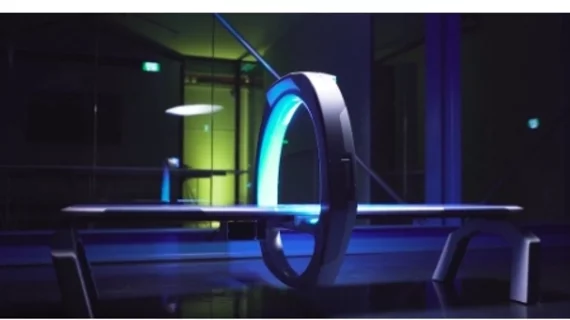Nanox inks deal worth at least $119M to distribute novel imaging systems in Mexico
Fresh of a successful initial public offering, imaging disrupter Nanox has inked a deal worth at least $119 million to distribute its novel x-ray systems in Mexico, officials announced Wednesday.
The Israel-based startup is partnering with distributor SPI Medical to deploy 630 of its Nanox.ARC scanners south of the border. Nanox said the deal will stretch across seven years and is subject to government officials approving the technology, among other stipulations.
Chairman and CEO Ran Poliakine and colleagues are attempting to upend the imaging business by offering a new imaging system that requires a smaller footprint and upfront cost. The ARC can reportedly deliver a range of imaging services—from 2D x-ray to 3D tomosynthesis—via a pay-per-scan model, with SPI guaranteeing an annual service fee of at least $17 million.
"Mexico represents a real opportunity for Nanox to dramatically change people’s lives,” Poliakine said in a Sept. 9 statement. “We want medical imaging to become a ubiquitous and readily available service, such as water or electricity, accessible to all communities everywhere. The SPI team has the experience and knowhow to help us realize this social agenda,” he added later.
Founded back in 2012, Nanox is backed by high-profile investors such as Fujifilm and Foxconn. The Israeli firm has signed a series of deals in several countries and joined the Nasdaq last month under the ticker symbol NNOX. Its initial public offering last month raised gross proceeds of $190 million, the firm announced Aug. 25.

